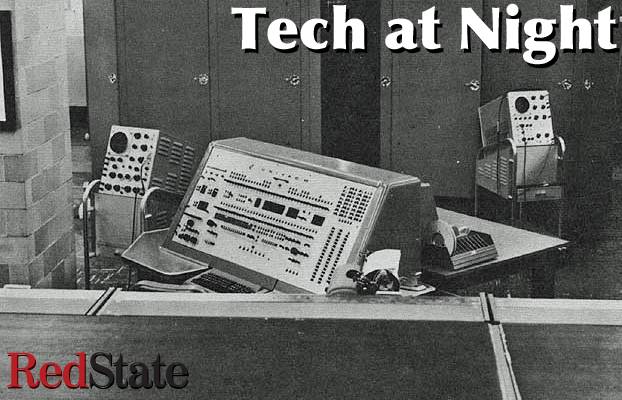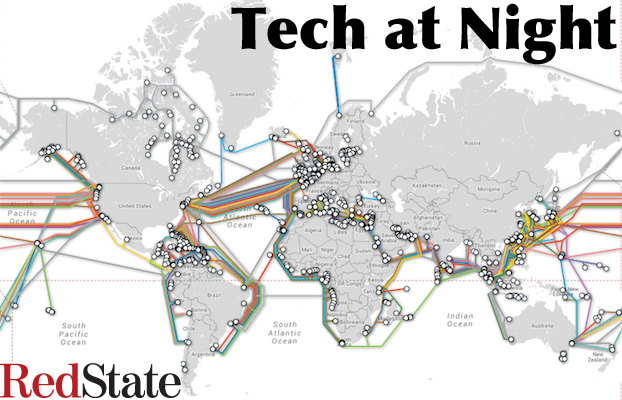
As I sit here at nearly 1am, I fear I may be getting my second cold, 7 days from the previous one. I blame tourists.
Clarence Thomas once wrote something very true about regulation, and the ever-growing power of unaccountable regulators: “We seem to be straying further and further from the Constitution without so much as pausing to ask why.”
FCC, in what it’s been up to under Obama, shows he’s right.
Continue reading »

Rand Paul wants you to think that large-scale data mining on (publicly available) metadata is a horrible thing, and a massive threat to your privacy. Even when that data gathering is done with a warrant.
So it shows just how disingenuous his whole stunt was, that he’s doing his own privacy-threatning database building. His supporters have been duped. He was grandstanding with the national interest in order to support his Presidential campaign.
Continue reading »

A long running theme of Tech at Night is that people don’t care about privacy, and we know this by their actions. That’s why the NSA critics are all wrong. Abolishing the NSA would leave everyone still vulnerable to spying, and just eliminate the agency that exists to counter the other guys.
It’s up to us to protect our own privacy. Therefore, government actions contrary to that, are actually things to be opposed.
Continue reading »

Time and again we see calls for government to take the wheel. In fact in “It can’t happen here,” the fairy tale of a fascist takeover of America, their version of the swastika was a ship’s wheel, representing government’s control over economy and society.
Every time there’s a call for regulation, ask what they want control of, and why.
Continue reading »

When you act on the Internet, the nature of the Internet Protocol means you broadcast your Internet Protocol address to any other site you connect with. However these days most people’s addresses are randomly assigned to people who share the same ISP.
The “conservatives” in the UK want to impose burdensome recordkeeping requirements so they can try to find out who controlled any given IP address at any given time.
Continue reading »

Sometimes the government cheers the idea that your data is being protected from the bad guys. Other times, the government grumbles and complains.
It turns out they’re fine with your data being at risk, as long as it means government can get to it whenever it wants. Funny, that.
Continue reading »

A service called Snapchat has been around a while, purporting to let its users share images, without the recipient being able to save them. Except well, it never was possible to prevent that, and that’s been known all along. Snapchat’s answers was to try to warn the sender if the photo was saved but… they weren’t that great at that.
So now a bunch of nude Snapchat photos may come out but, seriously, if you were sending nude photos around in this way, you didn’t really care about your privacy anyway.
Continue reading »

Sometimes, we forget just how little privacy we have against a determined attacker. So often we rely just on the fact that we believe our communications are of so little importance, that nobody will take the effort to try to snoop on us.
So once in a while we get concerned, when we hear about some sort of mass snooping, that means no extra effort has to be engaged to read our own individual, personal data. Then we want to assign blame, as though this mass snooping caused our lack of privacy.
We need to fix this muddled thinking and understand the limits of our privacy.
Continue reading »